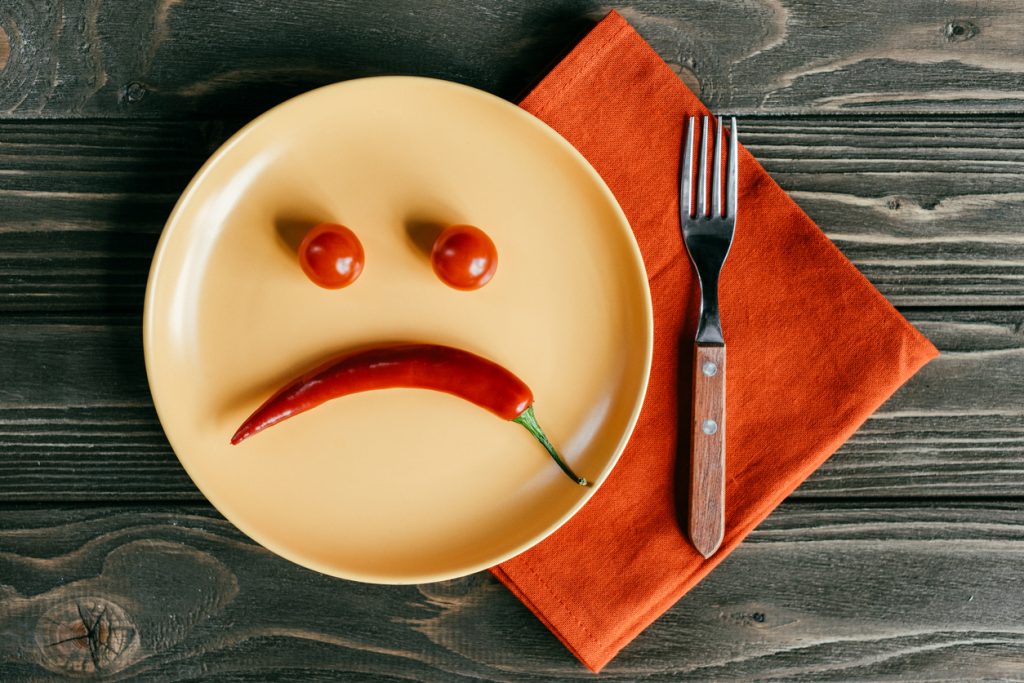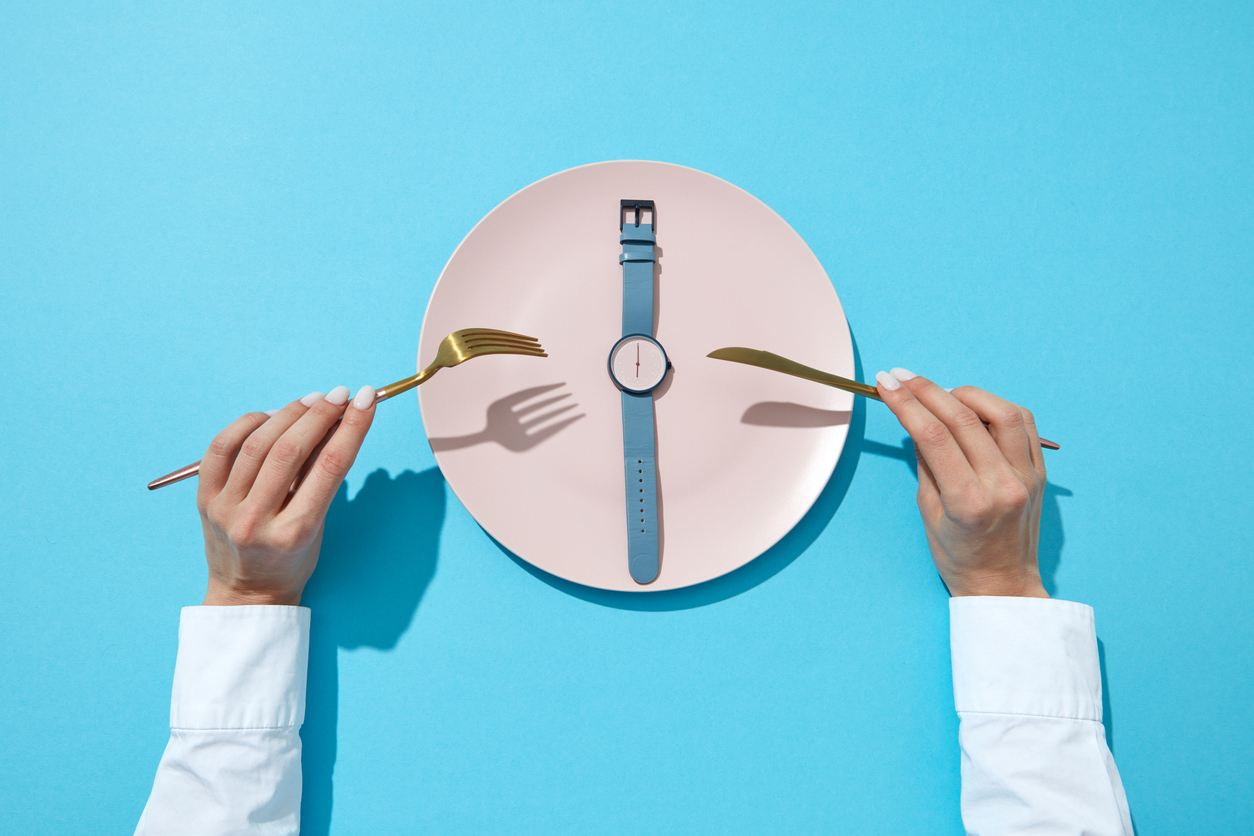Intermittent fasting is not really considered a diet but a particular eating pattern. This eating plan has gained immense popularity in recent years, especially for women over 50. You might fast for 16 hours and eat during an 8-hour window. This is the 16-8 plan and is often considered the standard. Some people follow an every-other-day plan with very low caloric intake one day and an average amount the next. Whatever way you participate, intermittent fasting to lose weight is popular for a reason — it works when done correctly.
There are several potential health benefits when using intermittent fasting. A few benefits may include reduced risk of cancer, diabetes, and heart disease. It can even trigger autophagy, which is known to help with dementia. Whether you use one of these methods or another type of intermittent fasting, it’s essential to avoid the pitfalls that can sabotage your efforts. The following are several intermittent fasting mistakes many beginners often make.
Making Too Many Diet Changes Too Quickly
You’re getting ready to start something new, and you’re excited to reap all the benefits as quickly as possible. It’s only natural that you want to dive right in. But trying to make too many changes too soon may sabotage your efforts.
The key is to start out slowly by adding a few changes at a time. For example, if you’ve decided to do two 500-calorie days each week while consuming an average amount of calories for the other five, consider starting with just one 500-calorie day. After a few weeks, you can add the second day to your routine.
Not Watching Your Liquid Intake
Remaining in a fasting state can be hindered even if you’re not eating because most liquids will break the fast and significantly reduce any benefits. Even though they’re fat and calorie-free, it’s not a good idea to drink diet sodas. Even sweeteners that have zero calories can negatively affect your insulin levels.
The primary liquid you should be drinking during your fast is water. According to Healthline, a moderate amount of coffee won’t break your fast. You’ll want to take your coffee black, however. Even a little sugar in your coffee or lemon in your water can affect the fasting period.
Not Drinking Enough Water

While it’s important not to drink the wrong liquids when fasting, it’s just as important to make sure you drink enough water. Not getting enough water can make you hungry, and it’s easy to mistake hunger for thirst.
People get a lot of water from many of the foods they eat. International Food Information states that 20 percent of our bodies’ water comes from food. This means if you’re not eating for several hours, you’ll need to drink about 20 percent more water than usual to make up the difference.
Eating Unhealthy Foods

Since intermittent fasting is not really a diet plan, there aren’t any off-limits foods. This can lead many people to fall into the trap of filling up on junk food or heading to the fast-food drive-thru the minute their fast is up. Don’t make a habit of eating unhealthy because you think fasting makes up for it.
Make a list of all the healthy foods you enjoy. Do regular grocery shopping and stay organized regarding your food choices. While satisfying a craving with less-than-healthy snacks every now and then is okay, for optimum health and weight-loss success, it’s necessary to eat as healthy as possible. Eating the right foods is crucial to getting the most out of any weight loss plan, and foods rich in calcium, protein, and B-12 should be high on the list, especially for women over 50.
Increase your fasting time without hunger, and order Fast Bar. Use Coupon Code PRIME for $10 off your order.
Overeating After Each Fast
This is probably the biggest pitfall for both beginners as well as those who have been fasting intermittently for some time. Using intermittent fasting to lose weight will backfire if you consume too many calories during the time to eat.
One way to keep from overeating is to consume larger quantities of healthier foods during your eating window. This would include lots of healthy salads and fresh vegetables. It’s also a good idea to be prepared by planning meals and having ingredients ready before your fast ends. This way, you’re not tempted to just grab anything. It’s important to remember that it can take up to two weeks until you’ve adjusted to the point that you won’t feel as hungry after each fasting period.
Trying to Stick to the Wrong Plan

There are lots of different ways to incorporate intermittent fasting into your routine. For example, if your fasting plan includes not eating from 8 pm until noon each day and you have a stressful job that starts early in the morning, this is probably not the right plan for you.
What works for one person may not work as effectively for someone else. To reap the most benefits of intermittent fasting, you need to experiment with different types of plans. It’s okay if it takes several weeks or longer to find the right plan that works for you.
Jumpstart your fast and weight loss; order the ProLon 5-Day Fasting Mimicking Diet. In the U.S. and Canada, use Coupon Code PRIME for $25 off your order.
Exercising Too Much or Too Little
It’s important to stay physically active. However, you don’t want to overdo it, especially when you’re fasting. Some beginners may feel overwhelmed starting a new eating strategy and overlook exercise altogether, and others may be so excited that they overdo it.
Choosing a moderate exercise routine is a good idea, especially when starting out. Walking the dog for twenty minutes or riding your bike to work are easy ways to add moderate exercise to your regular schedule.
Want to give intermittent fasting a try? Take a look at Prime Women’s PLATE program. Now available in an app on Apple or Android with reminders to keep you on track.
Read Next:
Calibrate: Can a Metabolic Reset Help You Lose Weight?







